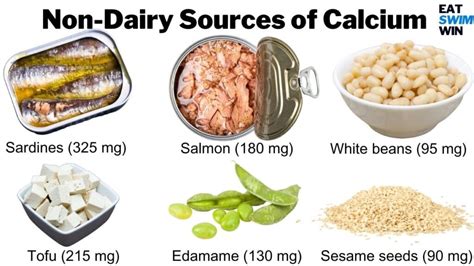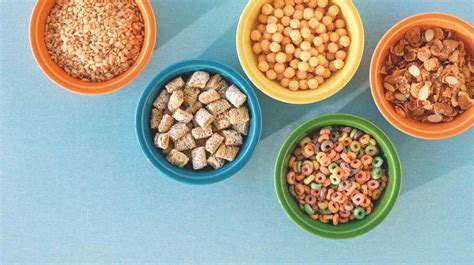Intro
Calcium is an essential mineral that plays a crucial role in maintaining strong bones and teeth, as well as supporting various bodily functions such as muscle function and nerve function. While dairy products are often considered the primary source of calcium, there are many non-dairy sources of calcium that can provide adequate amounts of this essential mineral. In recent years, the demand for non-dairy calcium sources has increased, particularly among individuals who follow a vegan or vegetarian diet, or those who are lactose intolerant.
The importance of calcium cannot be overstated, as it is necessary for building and maintaining strong bones and teeth, as well as supporting various bodily functions. A deficiency in calcium can lead to a range of health problems, including osteoporosis, osteopenia, and an increased risk of fractures. Furthermore, calcium deficiency has been linked to a range of other health problems, including hypertension, cardiovascular disease, and certain types of cancer.
Fortunately, there are many non-dairy sources of calcium that can provide adequate amounts of this essential mineral. These sources include a range of foods, such as leafy green vegetables, nuts, and seeds, as well as fortified foods and supplements. In this article, we will explore the various non-dairy sources of calcium, their benefits, and how they can be incorporated into a healthy diet.
Introduction to Non-Dairy Calcium Sources

Benefits of Non-Dairy Calcium Sources
The benefits of non-dairy calcium sources are numerous. Not only do they provide adequate amounts of calcium, but they also offer a range of other essential nutrients, including vitamins, minerals, and antioxidants. Non-dairy calcium sources are also often lower in calories and saturated fat compared to dairy products, making them a healthier alternative for individuals looking to manage their weight or reduce their risk of chronic diseases.Food Sources of Non-Dairy Calcium

Calcium Content of Non-Dairy Foods
The calcium content of non-dairy foods can vary significantly. For example, one cup of cooked kale contains approximately 200mg of calcium, while one cup of fortified plant-based milk contains approximately 300-400mg of calcium.Fortified Foods and Supplements

Benefits and Risks of Calcium Supplements
Calcium supplements can be beneficial for individuals who are unable to get adequate amounts of calcium from food sources. However, they can also pose risks, particularly if taken in excess. It is essential to consult with a healthcare professional before taking any calcium supplements.Practical Tips for Incorporating Non-Dairy Calcium Sources into Your Diet

Meal Planning and Grocery Shopping
Meal planning and grocery shopping can be overwhelming, particularly when trying to incorporate non-dairy calcium sources into your diet. Here are some tips: * Plan your meals in advance and make a grocery list * Shop for fresh and frozen leafy green vegetables * Choose fortified plant-based milk and other calcium-rich foodsConclusion and Final Thoughts

Final Recommendations
Here are some final recommendations: * Consult with a healthcare professional before making any significant changes to your diet * Incorporate a range of non-dairy calcium sources into your diet * Choose fortified foods and supplements wiselyWhat are the best non-dairy sources of calcium?
+The best non-dairy sources of calcium include leafy green vegetables, nuts, and seeds, as well as fortified foods and supplements.
How much calcium do I need per day?
+The recommended daily intake of calcium varies by age and sex, but most adults need around 1,000mg per day.
Can I get enough calcium from non-dairy sources?
+Yes, it is possible to get enough calcium from non-dairy sources, but it may require careful planning and attention to your diet.
What are the benefits of non-dairy calcium sources?
+The benefits of non-dairy calcium sources include a reduced risk of osteoporosis, osteopenia, and fractures, as well as a range of other health benefits.
How can I incorporate non-dairy calcium sources into my diet?
+You can incorporate non-dairy calcium sources into your diet by starting your day with a calcium-rich breakfast, snacking on nuts and seeds, and adding leafy green vegetables to your salads and smoothies.
We hope this article has provided you with a comprehensive overview of non-dairy calcium sources and their importance in maintaining strong bones and overall health. If you have any further questions or would like to share your experiences with non-dairy calcium sources, please don't hesitate to comment below. Additionally, if you found this article informative and helpful, please consider sharing it with your friends and family on social media.
